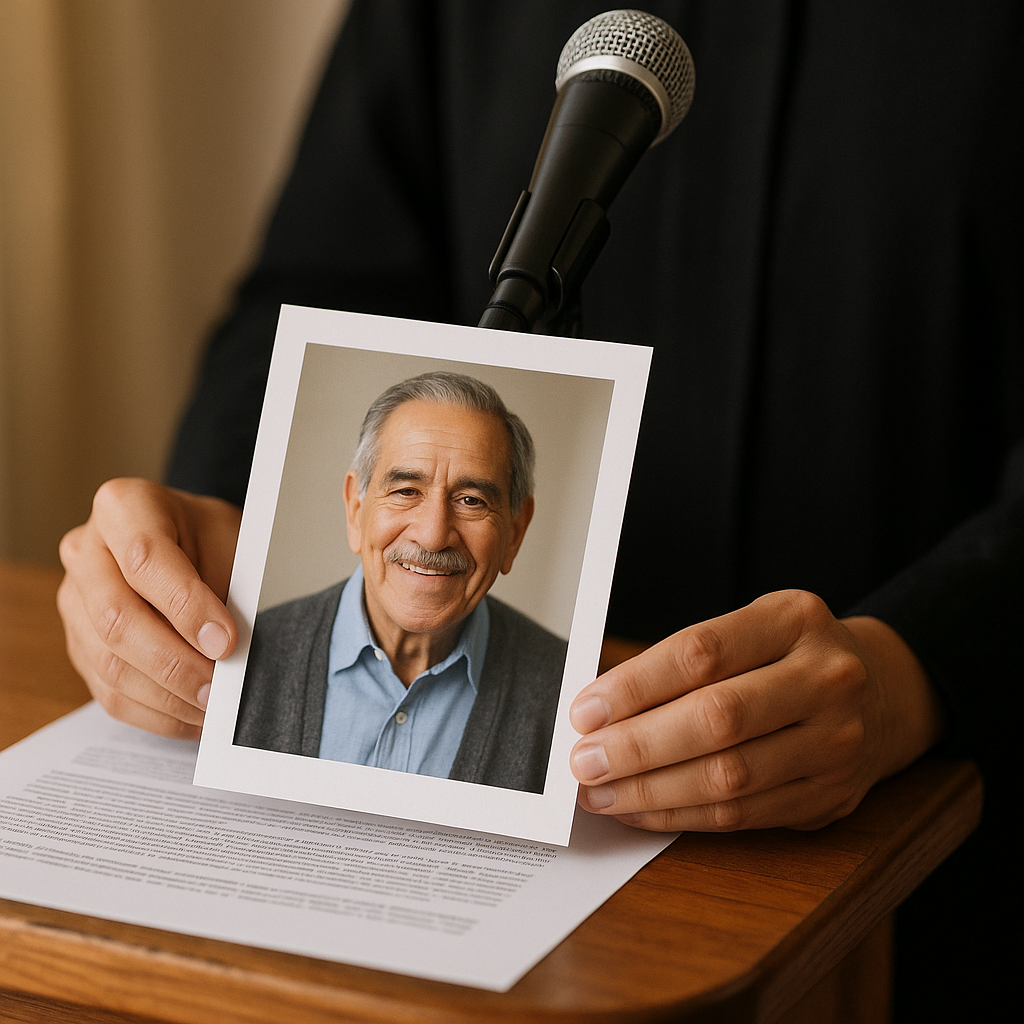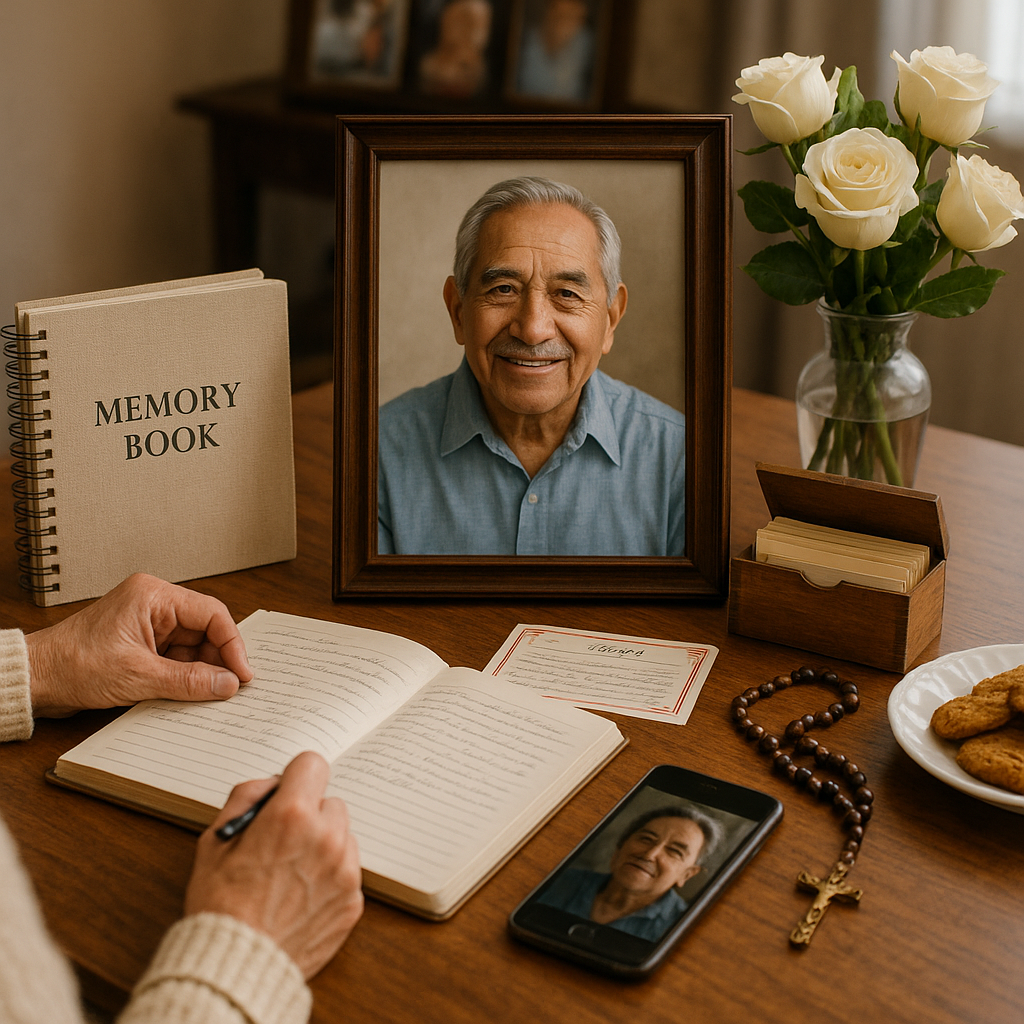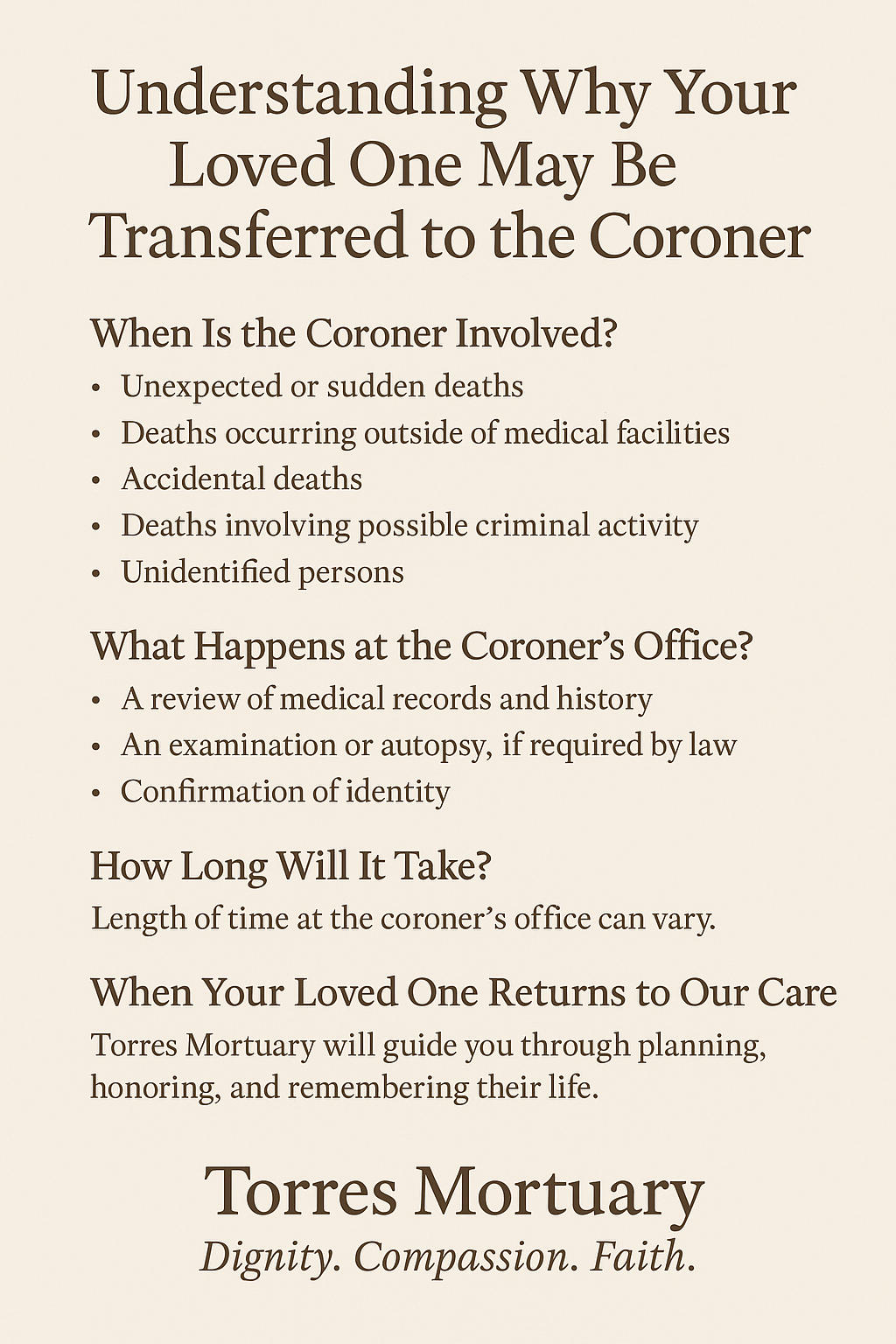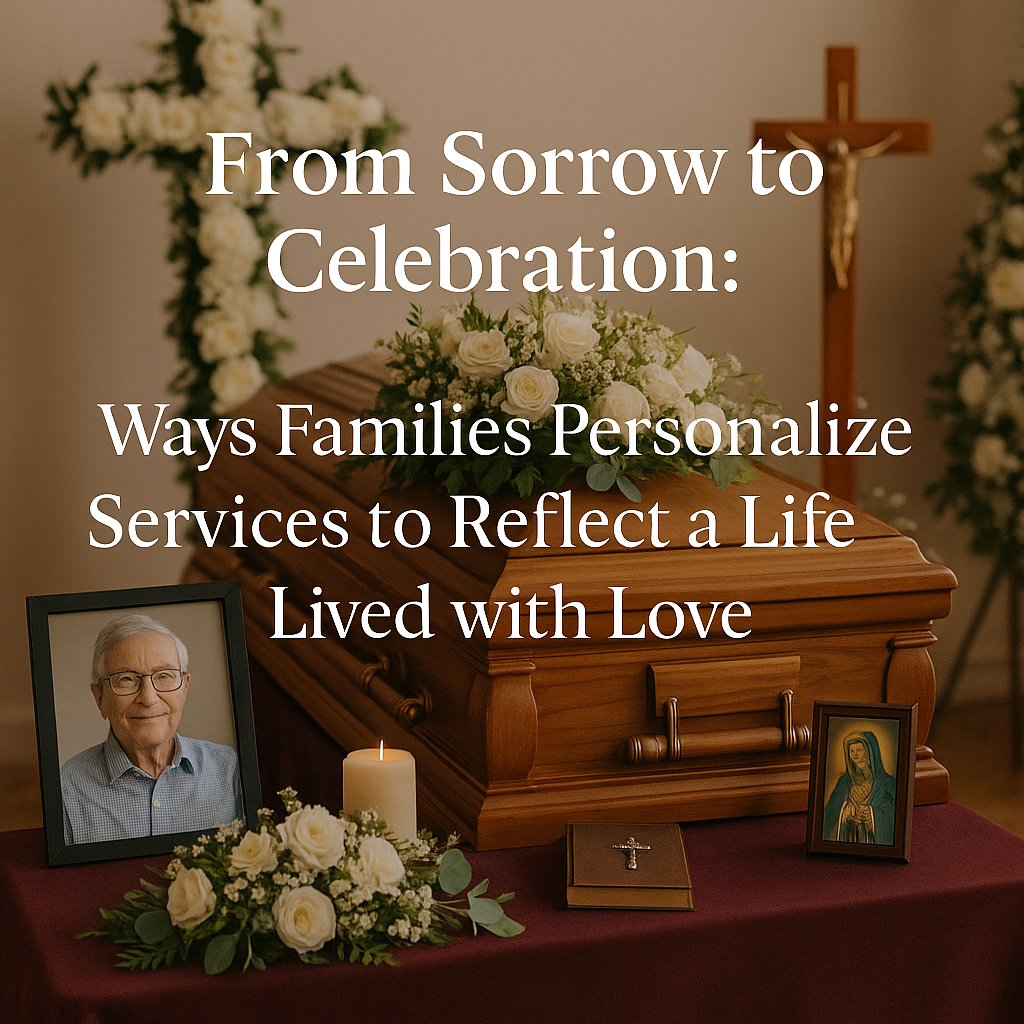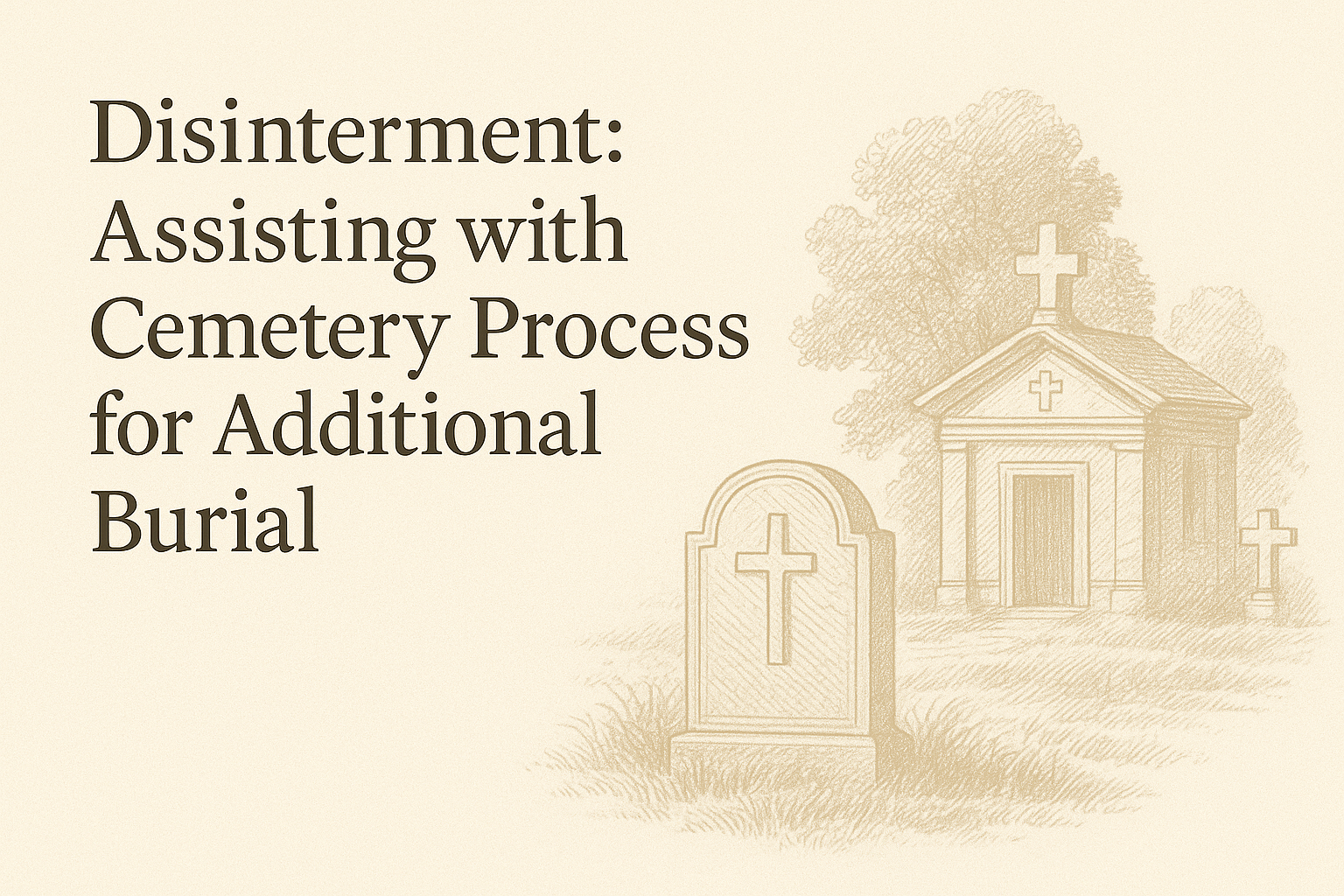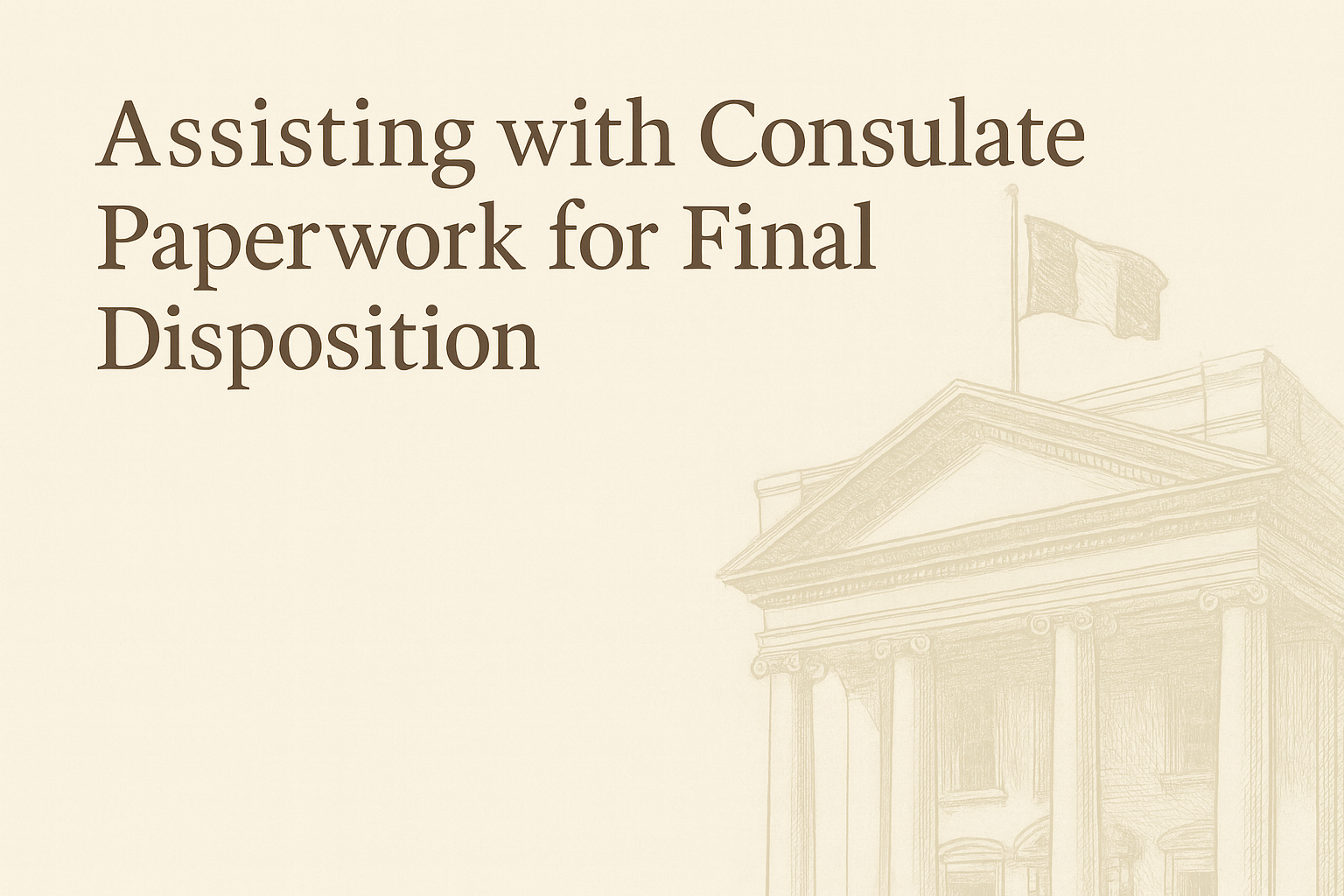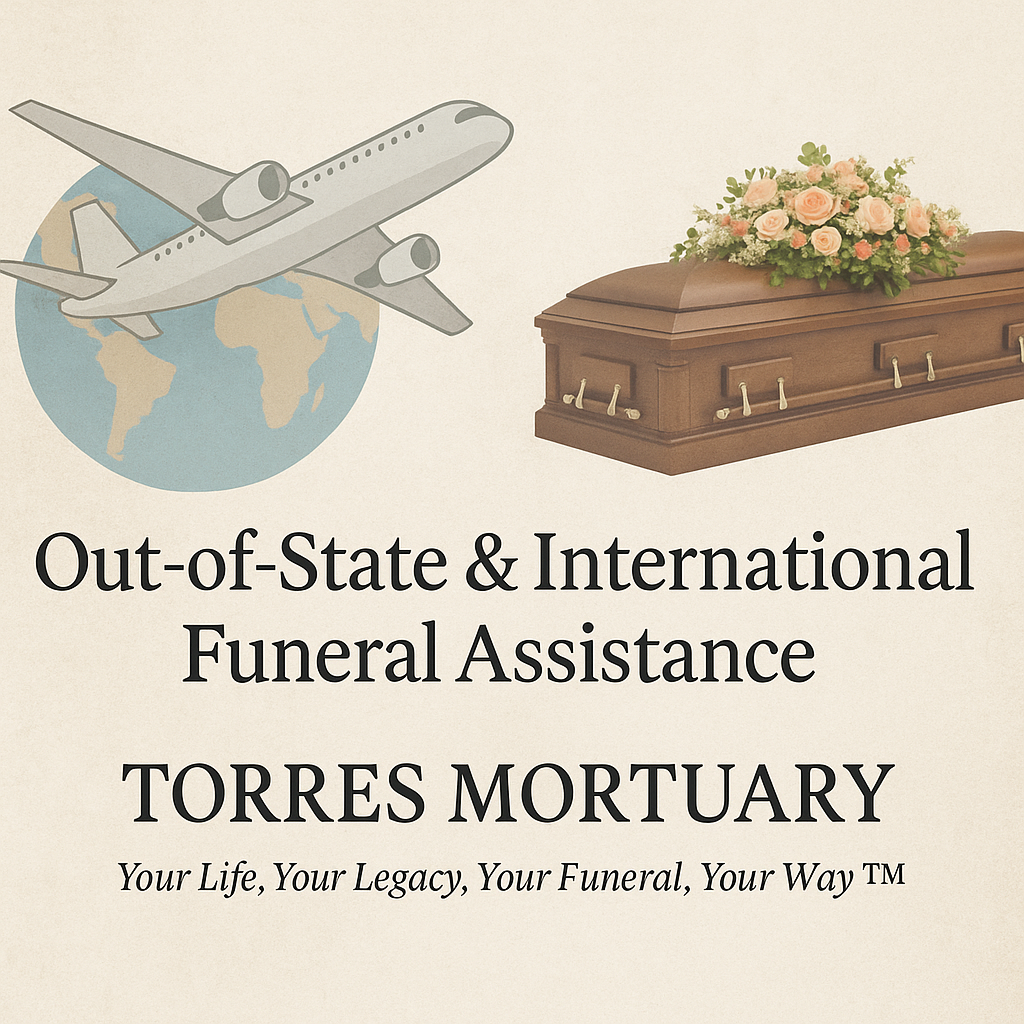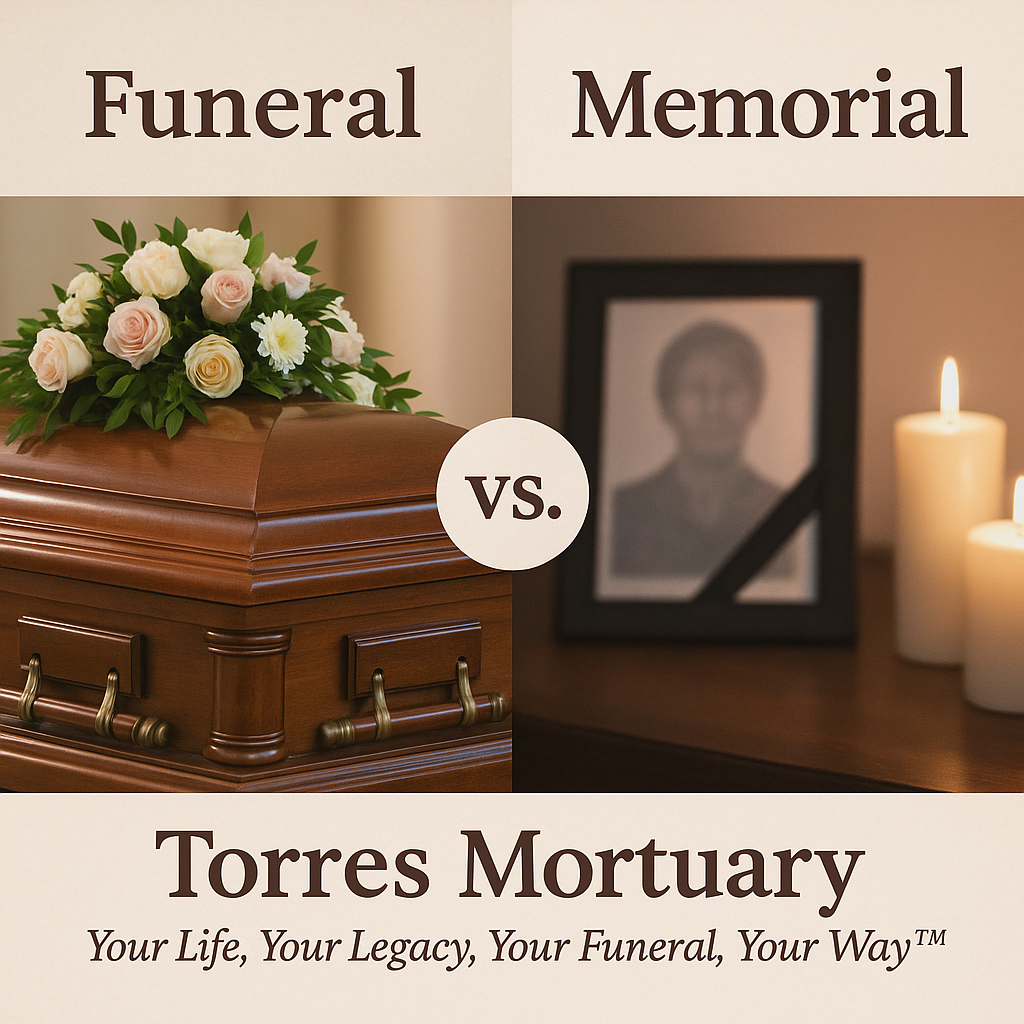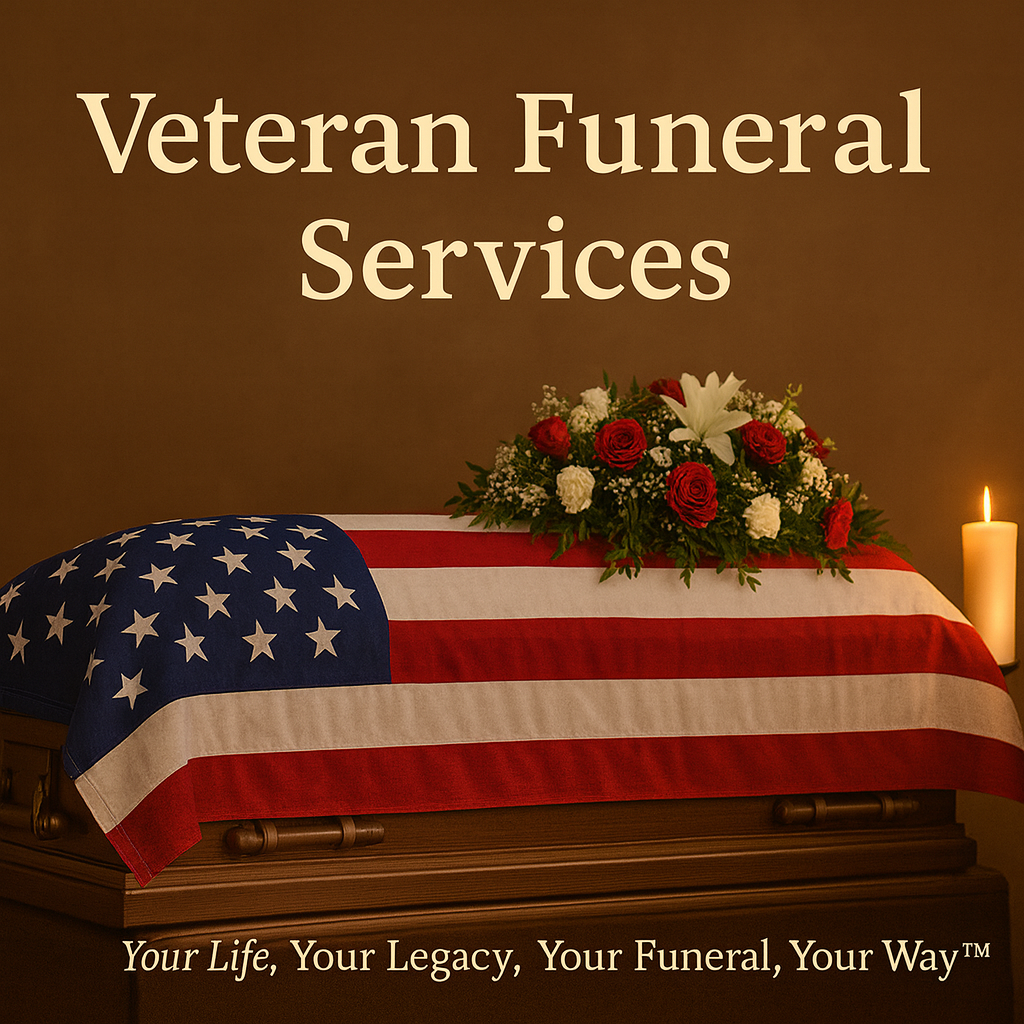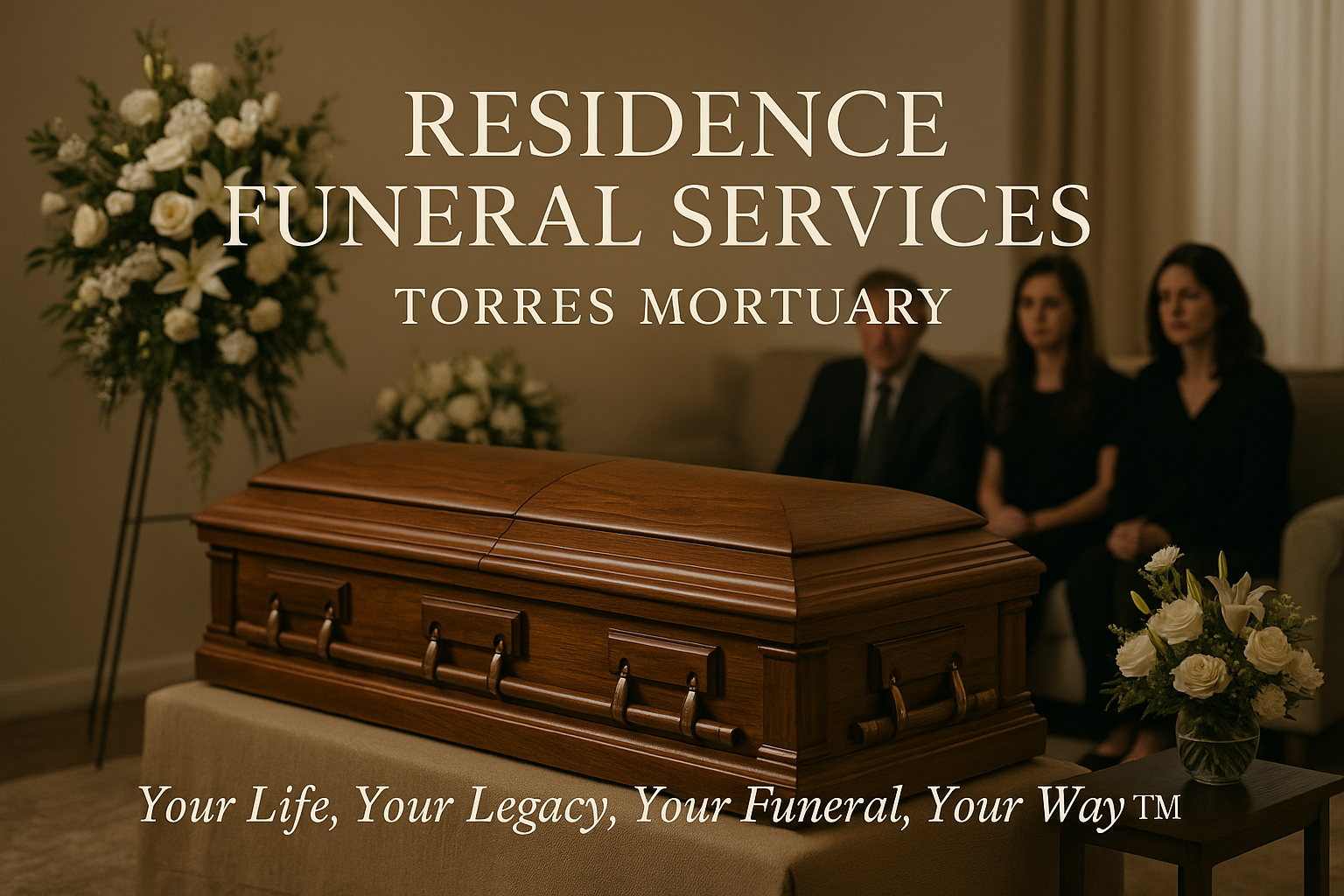A Guide to Planning a Meaningful Funeral Service
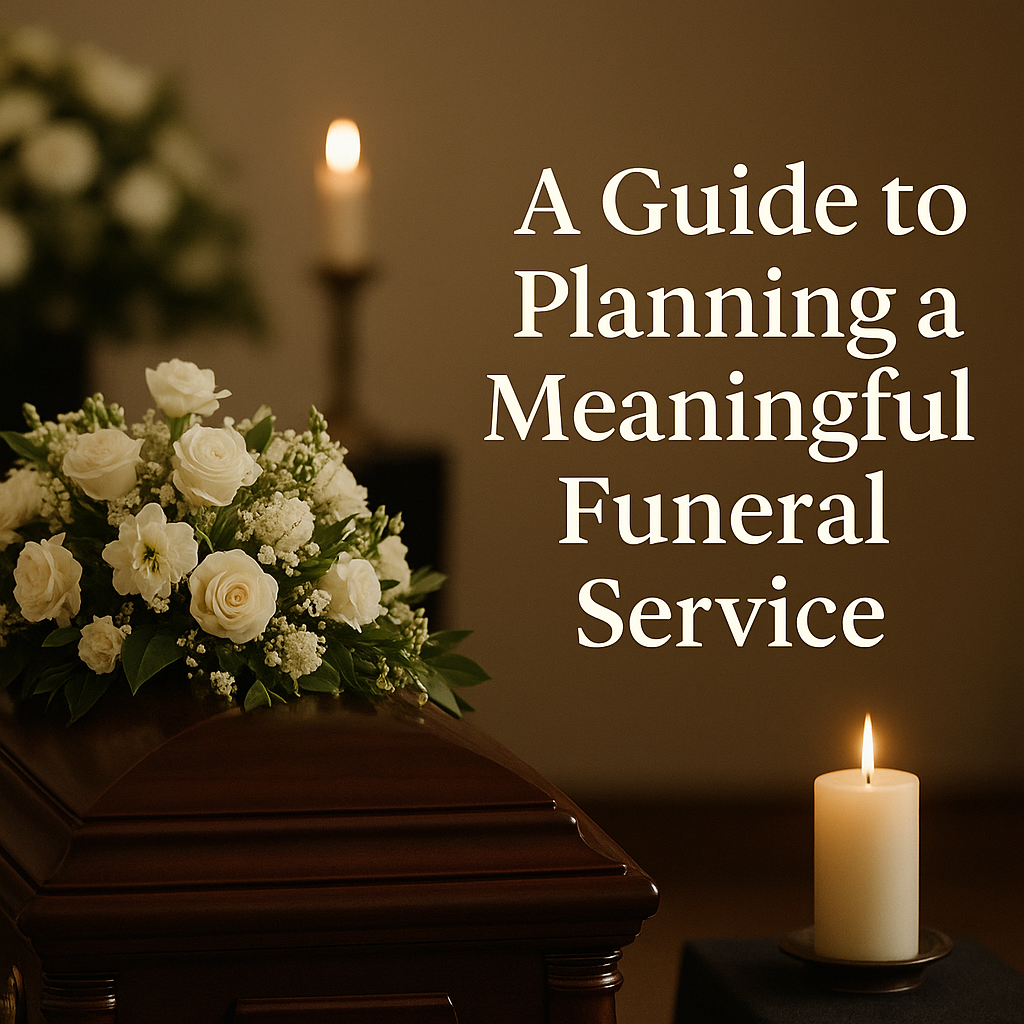
At Torres Mortuary, we understand that saying goodbye to a loved one is one of life’s most difficult moments. A funeral service is more than a ceremony—it is a way to honor a life, share memories, and begin the healing journey.
Whether you are planning ahead or arranging a service after a recent loss, this guide will walk you through the key steps to creating a meaningful and personal farewell.
1. Deciding Between Burial or Cremation
The first decision for many families is choosing between a traditional burial or cremation.
- Burial allows for a graveside service and a permanent place to visit.
- Cremation offers flexibility, such as memorial services at a later date, scattering ceremonies, or keeping a loved one close in an urn.
At Torres Mortuary, we will help you understand all available options so you can make the choice that feels right for your family.
2. Choosing the Type of Service
Every life is unique, and every farewell can be too. Services may include:
- Traditional funeral services with a viewing and religious or cultural elements.
- Celebrations of life that focus on storytelling, music, and personal touches.
- Private family gatherings for an intimate goodbye.
Our team works with families to weave in traditions, faith, or personal details that truly honor your loved one.
3. Personalizing the Service
Personalization makes a service memorable and healing. Consider:
- Displaying photographs, keepsakes, or awards.
- Playing favorite songs or readings.
- Creating a memory table or video tribute.
- Inviting friends and family to share stories.
Small details often leave the biggest impact.
4. Writing a Meaningful Obituary
An obituary shares a loved one’s story and legacy. Think about including:
- Family details and life highlights.
- Achievements, passions, or hobbies.
- A message of gratitude or faith.
- Service details so others can attend.
If you need help writing one, our staff can guide you step-by-step.
5. Caring for Yourself and Your Family
Funeral planning can be overwhelming, especially during grief. Remember to:
- Lean on close family and friends for support.
- Take breaks and care for your health.
- Allow others to help with decisions.
- Connect with grief resources, such as counseling or support groups.
At Torres Mortuary, we provide guidance not only in planning the service but also in supporting you through the days ahead.
Why Families Choose Torres Mortuary
For generations, families have trusted Torres Mortuary for our compassionate care, attention to detail, and commitment to honoring every life with dignity. We are here to listen, guide, and help you create a service that reflects love, respect, and healing.
If you are in need of immediate assistance or would like to begin pre-planning, please contact us today at (626) 872-0021. We are here for you—always.
Torres Mortuary — Your Life, Your Legacy, Your Funeral, Your Way™
